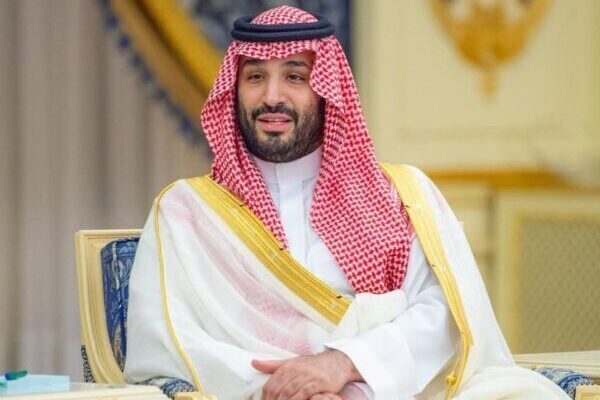By Ya Libnan Staff
Introduction:
Prince Mohammad Bin Salman (MBS), the influential Saudi leader, has emerged as a prominent figure in the Arab Gulf region, making significant strides in reshaping not only Saudi Arabia but also the broader Middle East. Born in 1985, just 15 years after the passing of Arab leader Gamal Abdul Nasser, MBS has become a symbol of a new generation of Arab leaders who are bringing about transformative changes. With ambitious plans and a vision for a prosperous and progressive Middle East, MBS is positioning the region as the “new Europe.” In this article, we explore the rise of MBS and his impact on the Arab Gulf region.
A New Generation of Arab Leadership:
As the world witnessed the passing of Gamal Abdul Nasser in 1970, many anticipated the rise of a new Arab leader who would follow in his footsteps. Little did they know that 15 years later, a young prince named Mohammad Bin Salman would be born, destined to become one of the most influential leaders in the Arab world. MBS represents a new generation of Arab leadership, characterized by a vision for change, economic diversification, and social transformation.
Combating Corruption in Saudi Arabia
MBS has played a significant role in the fight against corruption in Saudi Arabia since assuming key positions in the Saudi government. Recognizing the detrimental effects of corruption on the economy and society, MBS has spearheaded anti-corruption initiatives aimed at rooting out systemic corruption and promoting transparency.
Combating Islamist Extremism: A Focus on Countering ISIS
MBS has been at the forefront of Saudi Arabia’s efforts to combat Islamist extremism, particularly the threat posed by the Islamic State of Iraq and Syria (ISIS). Recognizing the devastating impact of extremist ideologies on regional security and stability, MBS has implemented a multifaceted approach to counter the influence and activities of ISIS.
Positioning Saudi Arabia as a Global Power
Prince Mohammad Bin Salman (MBS) has embarked on a transformative journey to position Saudi Arabia as a global power by adopting a foreign policy approach that aims to maintain an equal distance from major superpowers. Recognizing the evolving dynamics of the global landscape, MBS seeks to diversify Saudi Arabia’s alliances and partnerships, fostering mutually beneficial relationships with countries such as China, Russia, and the United States.
MBS’s 2030 Vision
MBS unveiled in 2016 the NEOM project , an ambitious mega-city project , designed to reduce Saudi Arabia’s dependence on oil and transform it into a global investment powerhouse. This vision focuses on three key pillars: a vibrant society, a thriving economy, and an ambitious nation.
Despite MBSs entirely different views on the West and economic issues he realizes that if it wasn’t for the US influence Saudi Arabia may have become a pariah state.
In April 2017 he told the Washington Post ” without America’s cultural influence on Saudi Arabia, “we would have ended up like North “
In future articles Ya Libnan will be addressing each and every one of the above key issues explaining how this young Saudi prince has become a global leader and why he is being compared to Gamal Abdel Nasser


Leave a Reply
You must be logged in to post a comment.